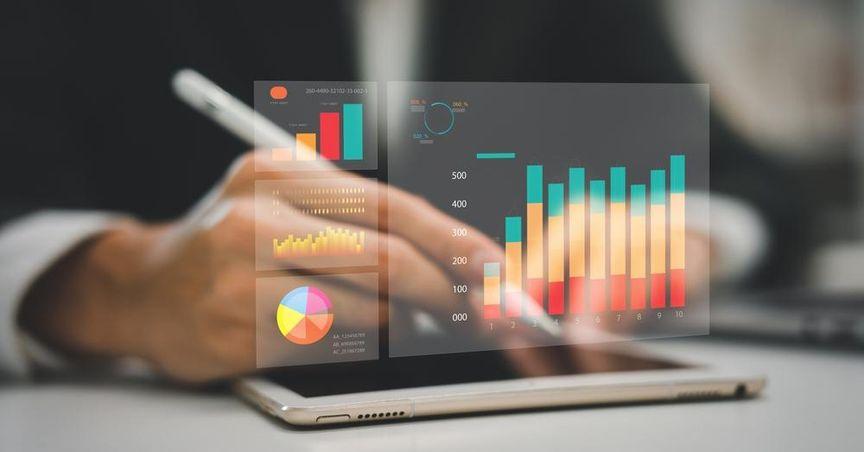Highlights
- Economic shocks are external events impacting the economy.
- These shocks are unpredictable and often unexpected.
- Examples include natural disasters and geopolitical events like oil price hikes.
An economic shock refers to an event that originates outside the economy, yet has a significant and often disruptive impact on it. These shocks are unpredictable, catching businesses, governments, and individuals off guard. They can lead to widespread changes in economic conditions, including shifts in demand, production, and financial stability. While some shocks are isolated, others can ripple through global markets, causing long-term consequences.
One of the defining features of economic shocks is their unexpected nature. These events are not typically anticipated by economic models or forecasting tools, making them difficult to prepare for. For example, natural disasters like Hurricane Andrew in 1991 can devastate entire regions, disrupting industries, supply chains, and local economies. Similarly, geopolitical events such as an oil price increase imposed by OPEC can lead to inflation, altering global trade patterns and influencing consumer behavior.
Economic shocks can take various forms, including natural disasters, geopolitical tensions, sudden changes in commodity prices, or even pandemics. The effects can be both short-term, such as a temporary disruption in supply chains, or long-term, like lasting shifts in global economic structures. These events often force policymakers to respond quickly with fiscal or monetary interventions to stabilize the economy.
For businesses, the uncertainty surrounding economic shocks makes it challenging to forecast and plan. The immediate impact of such events can lead to decreased consumer spending, disrupted production, or rising costs. Companies may need to adapt by adjusting their strategies, cutting costs, or exploring new markets to maintain stability during times of crisis.
Conclusion
Economic shocks, though unpredictable, have profound effects on economies worldwide. Whether triggered by natural disasters, geopolitical events, or unexpected market shifts, their consequences are far-reaching and require swift, strategic responses from both policymakers and businesses. Understanding the nature of these shocks is essential for preparing for the uncertainty they bring and minimizing their negative impacts.




